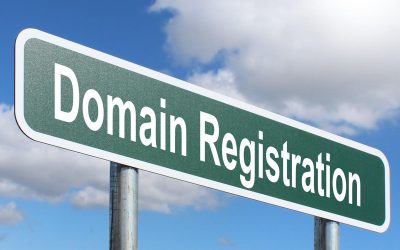Follow these suggestions, and watch your website rise the ranks to the top of search-engine results.
1. Publish Relevant Content
Quality content is the number one driver of your search engine rankings and there is no substitute for great content. Quality content created specifically for your intended user increases site traffic, which improves your site’s authority and relevance.
Identify a keyword phrase for each page. Think about how your reader might search for that specific page (with phrases like “Italian restaurant in Indiana,” “best Italian chicken parmigiana,” or “taste of Italy”). Then, repeat this phrase several times throughout the page—once or twice in the opening and closing paragraphs, and two to four more times throughout the remaining content.
Don’t forget to use bold, italics, heading tags, and other emphasis tags to highlight keyword phrases, but don’t overdo it.
Never sacrifice good writing for SEO. The best pages are written for the user, not for the search engine.
2. Update Your Content Regularly
You’ve probably noticed that we feel pretty strongly about content. Search engines do, too. Regularly updated content is viewed as one of the best indicators of a site’s relevancy, so be sure to keep it fresh.
3. Metadata
When designing your website, each page contains a space between the <head> tags to insert metadata, or information about the contents of your page. If you have a WordPress, Joomla or similar CMS (content management system), you may have to use a plugin to insert the relevant metadata.
Title Metadata
Title metadata is responsible for the page titles displayed at the top of a browser window. It is the most important metadata on your page.
Description Metadata
Description metadata is the textual description that a browser will use in your page search return. Think of it as your site’s window display—a concise and appealing description of what is contained within, with the goal of encouraging people to enter.
Keyword Metadata
Keyword metadata are the search phrases that people type when they want to find your page. You’ll want to include a variety of phrases. However, don’t get greedy: if your list becomes excessive, the browser may completely ignore the data. As a general rule, try to keep it to about 6-8 phrases with each phrase consisting of 1-4 words. A great example would be “local Italian restaurant.”
4. Have a link-worthy site
Focus on creating relevant links within the text. Instead of having “click here” links, try writing out the name of the destination. “Click here” has no search engine value beyond the attached URL, whereas “crispy artichoke hearts with creamy sauce recipe” is rich with keywords and will improve your search engine rankings as well as the ranking of the page you are linking to.
5. Use alt tags
Always describe your visual and video media using alt tags, or alternative text descriptions. They allow search engines to locate your page, which is crucial—especially for those who use text-only browsers.




